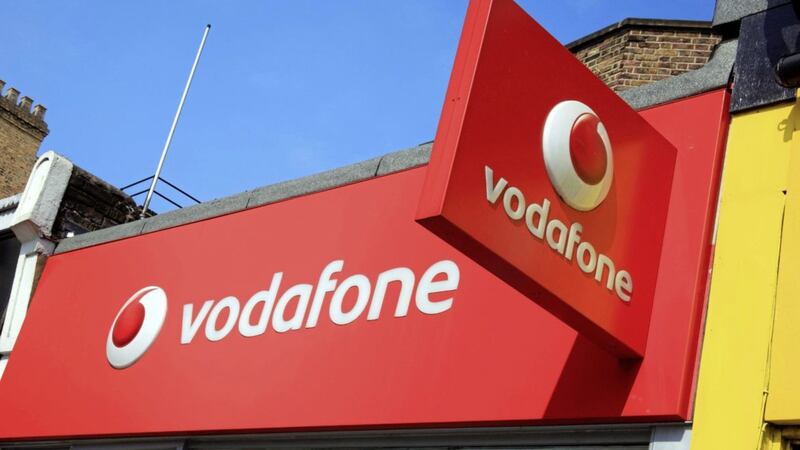IN a reflection of the rapidly changing political landscape, the stock market is also undergoing some dramatic changes.
For some time now investors have enjoyed the relatively high levels of dividend income paid by a number of FTSE 100 companies with the assumption that this will continue as long as they need the income, in other words the source of income is relatively safe. Last week cast serious doubt on this assumption when we saw Vodafone slash its dividend by 40 per cent.
Traditionally income funds have relied on a few sectors to maintain their high dividend level: but the danger is that many of these are now not seeing the cost of the annual dividend comfortably covered by free cash flow. If there is a sizeable shortfall that persists, doubt is cast on whether the dividend is sustainable. There is considerable pressure on companies to maintain their dividend, particularly in the current climate of very low interest rates and low gilt yields.
However, taking an objective viewpoint, this is not necessarily in the company’s best interests going forward. In the current market scenario, a share with a very high dividend yield is often a warning sign that something is not quite right: in other words the market thinks the dividend will have to be cut, or that it won’t grow much.
In the recent past the utility sector has been a fertile fishing ground for good income, but this too has been cast into doubt. The potential for a Labour government has risen in the current turmoil and they have set out plans to re-nationalise many utilities at a level significantly below the current market value. This has changed the perception of the sector as a defensive income producer to one that carries a high level of political risk.
There are other sectors that have faced a sea change, although in a slightly different way. General retail is facing huge challenges with the increasing use of internet shopping – gone are the days when Marks and Spencer was viewed as a share never to be sold. Food retailers have also been facing an utterly different operating landscape: the discounters, altered shopping patterns and again on-line grocery shopping have all played a part in this.
These days, income funds are relying on a shrinking pool of high yielding stocks: oils, tobacco and housebuilders all fall into this category, where yields are considered sustainable. However, these industries may not be the most appealing, and while income is of course a vital piece of the investment jigsaw, perhaps it is time to modify expectations of the level of yield that can be expected from UK equities.
:: Cathy Dixon is a director at the Belfast office of Cunningham Coates Stockbrokers. This article does not constitute a recommendation to buy or sell investments and the value of any shares may fall as well as rise. Investments carry risk and investors may not receive back the amount invested. The views expressed are those of the author and not necessarily of Cunningham Coates Stockbrokers








